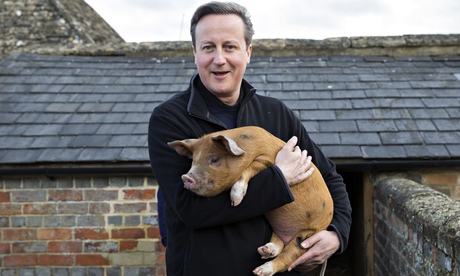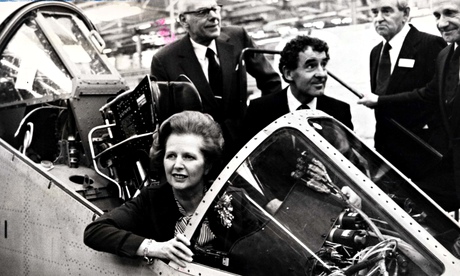Last week’s non-fiction pages were dominated by a clutch of political biographies, not least Call Me Dave by Michael Ashcroft and Isabel Oakeshott, already infamous as “the piggy one”. In the Sunday Times, Dominic Lawson lamented the fact that the book had become an “instant sensation, based on one unsubstantiated and single-sourced allegation”, which he went on to elaborate in some detail (in case the reader was left in any doubt, the review was also illustrated with a large photograph of the PM clutching a piglet – see above). Lawson found it “vile” that the authors had also included a “damaging and hurtful allegation about Samantha Cameron” – though he didn’t give specific details on that one. The Observer’s Chris Mullin was slightly better disposed towards the Tory donor: “Despite the nonsense about the pig’s head, this is a biography almost entirely free of malice … Lord Ashcroft’s fingerprints are largely absent.” But Toby Young, writing in the Mail on Sunday, described the book as a “hatchet job” offering a “smorgasbord of scandalous revelations”. Charlotte Henry, in the Independent on Sunday, summed up the general verdict: “It feels more like dinner party tittle-tattle than prime ministerial biography.”
A more substantial offering came in the form of the second volume of Charles Moore’s authorised biography of Margaret Thatcher. The book’s subtitle echoes the Wham! hit “Everything She Wants”, which gave the Mail on Sunday’s Craig Brown an irresistible gag opportunity. “I can’t deny that there were odd times in the narrative – the ins and outs of Europe, or the rates, or the Northern Ireland situation – when another Wham! song – ‘Wake Me Up Before You Go-Go’ – would seep into my head,” he wrote, before adding hurriedly, “but these moments were few and far between.” John Lloyd, writing in the Financial Times, called the book “a study of detailed depth, and fine and transparent judgment”, though he would have liked “a larger consideration of Thatcher’s influence”. In the Sunday Times, Dominic Sandbrook sounded positively misty‑eyed: “A model of close research, fluent prose and impeccable judgment … One of the great biographical achievements of our times.” In the Times, Matthew Parris was less convinced. “There are people who, under the magnifying glass, shrink. This, I fear (and I think he fears) is turning out to be Charles Moore’s problem as biographer … [the book] tends to encumber rather than enlighten, and in doing so diminish. I’m beginning to wonder whether this life is big enough for three volumes.”
Jeanette Winterson’s The Gap of Time, a “retelling” of The Winter’s Tale, was praised, albeit in a lukewarm fashion, by Joanna Kavenna in the Sunday Telegraph. “Sometimes I wondered why on earth Winterson had thrown in her lot, mostly, with sober literary realism when she might have cast her characters into the wild storms of her exceptional hyper-realist imagination instead,” she wrote. For Lucasta Miller in the Independent, however, Winterson tackled the task “often with great ingenuity and always with good humour … What could have been a cynically postmodern jeu d’esprit pulsates with such authenticity and imaginative generosity that I defy you not to engage with it.”


